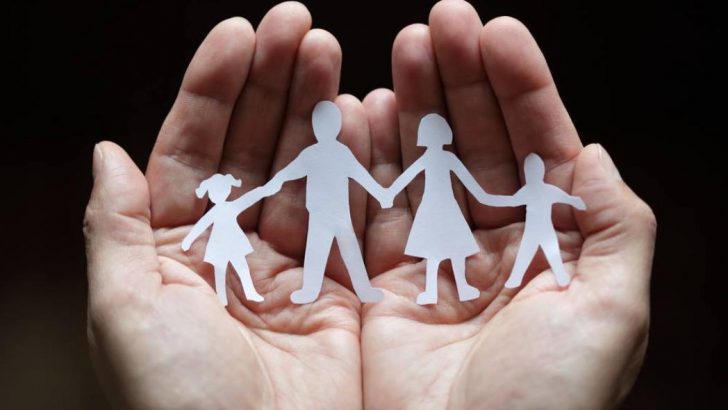The Church in Ireland has a humble yet vital contribution to make to the universal Church on safeguarding, Archbishop Eamon Martin tells Michael Kelly
All eyes will be in Rome next month for an unprecedented meeting of bishops to discuss the devastating issues of clerical abuse scandals in the universal Church. While the Church in Ireland has been grappling with such revelations for some 25 years, fresh controversy in the US, Australia and Poland have focused attention on the Vatican and the need for a comprehensive response from the universal Church.
Just this week, prominent abuse campaigner Marie Collins told a meeting in Dublin that she was not optimistic.
“My fear is that what we will hear is that there has been a great deal of prayer, reflection, and ‘fruitful discussion,’” she said.
“We will be assured that things are moving forward and there will be promises for the future, but we will see little in the way of on-paper, concrete, committed action plans,” she said.
As president of the bishops’ conference here, Archbishop Eamon Martin of Armagh will be the sole Irish representative at the February 21-24 gathering. He told The Irish Catholic this week that he is keen to ensure that the views of Irish Catholics are represented at the meeting.
In a letter to this newspaper, he has asked Catholics to pray, reflect and offer him feedback on a number of key questions sent to bishops from the Vatican ahead of the Rome summit:
-How would you describe the present situation regarding sexual abuse of minors in the Catholic Church in Ireland?
-How would you describe the level of awareness of this topic among the public?
-In your opinion, what are the greatest risk factors for the sexual abuse of minors in Ireland?
-What are the factors in Ireland that contribute to a lack of adequate response by the Church in dealing with child sexual abuse?
-What are the most effective preventive measures that the Catholic Church in Ireland has adopted to protect children from sexual abuse in the church?
-If you had one key message to communicate to the meeting in Rome on this issue, what would it be?
*****
Archbishop Eamon told The Irish Catholic that he thinks it is “very important that I be informed by as many people as possible. First and foremost victims and survivors and I am going through a process to meet with victims and survivors to hear directly from them ahead of the meeting.
“I’ve also sought the views of my fellow bishops and religious,” he said.
However, the archbishop said he is also conscious that “a group that is often forgotten is the faithful who have also been deeply impacted by the grave scandal of abuse in the Church.
“Many of them have been bewildered, angered and had their faith tested in recent years by the revelation ot these terrible things happening.
“I do speak with the faithful and I do hear their views often, but perhaps there are people out there who have not felt heard so I wanted to give them the opportunity to reflect and to pray and put pen to paper to me if they wish,” he said on the feedback initiative.
On the contribution of Ireland to the universal gathering, the Primate of All-Ireland is confident that the painful lessons learned here can help others face the reality of the issue.
“This terrible affliction has been with us now for several decades…I think we’ve made many mistakes along the way: our first attempts to deal with this problem didn’t fully recognise the extent of the problem or the depth of damage it could do.
“Like many others in other parts of the world, or other institutions we tended towards denial on the scale of the problem. We did think that we could somehow prevent scandal in the Church by keeping this quiet only to realise we were storing up an even greater scandal for the future,” he said.
Archbishop Eamon believes that “in a humble way and from bitter experience, I think we have something to share in the hope that other parts of the world can learn from our mistakes and what we have done wrong and also learn from what we think is best practise in terms of standards”.
He is optimistic about the Rome meeting, but cautions against unrealistic expectations. “I am very pleased that the Holy Father has called this meeting that will allow the Church to own this issue universally.” However, he insists “it would be a mistake to think that a big meeting in Rome is going to solve this issue”. Instead, he thinks the principle of subsidiarity is vital. “We cannot expect any meeting in Rome to solve the issue of safeguarding throughout the world. But, it can set high standards for us.
“Any success – if we can call it that – has been built on the efforts of lay faithful working with priests and religious to ensure that every child in every parish in every part of the Church is as safe as they can possibly be,” he said.


 Michael Kelly
Michael Kelly
